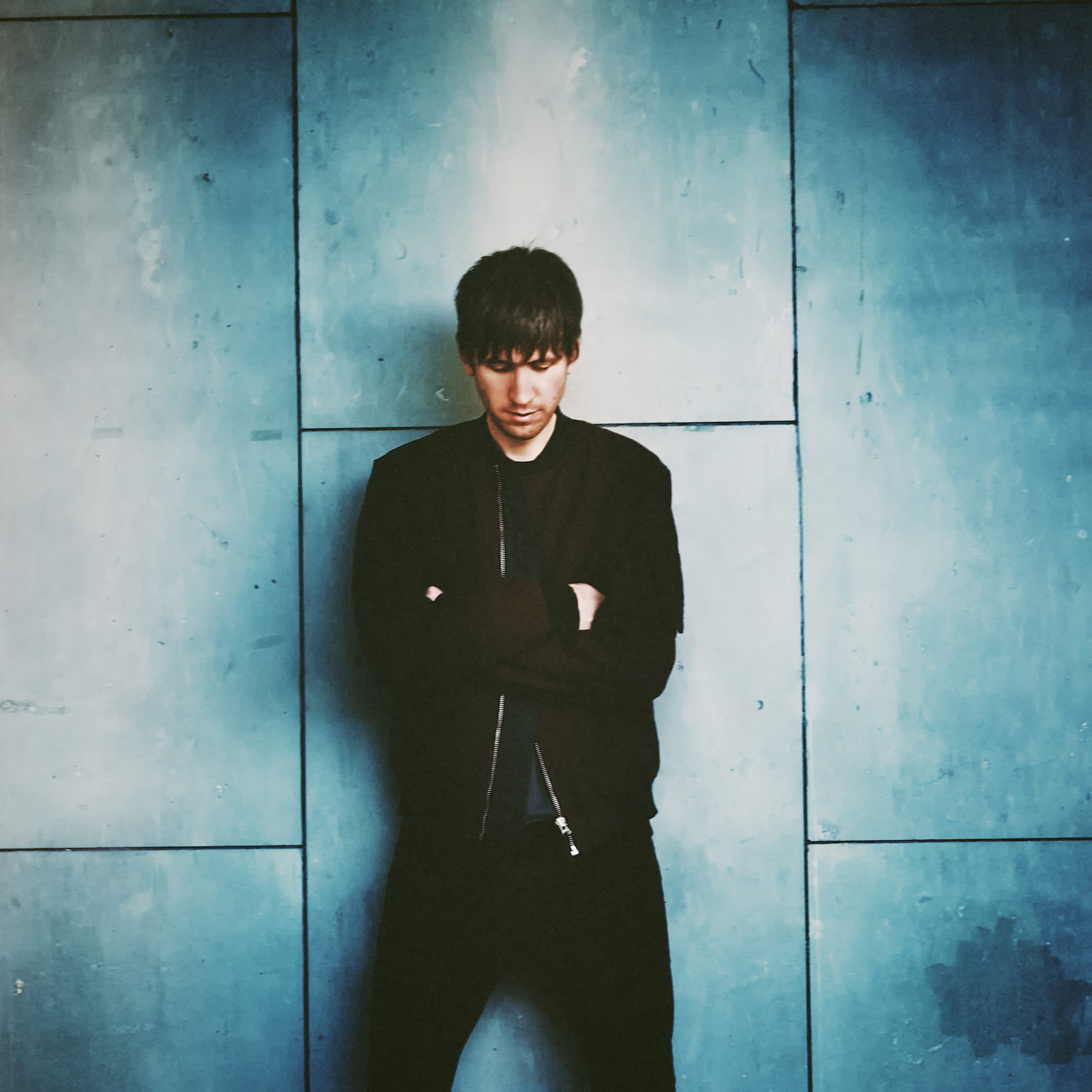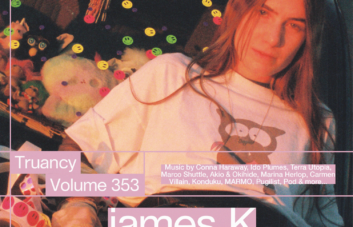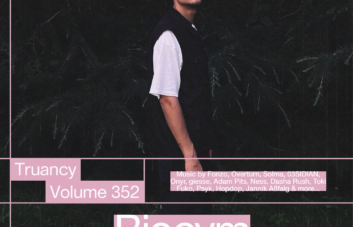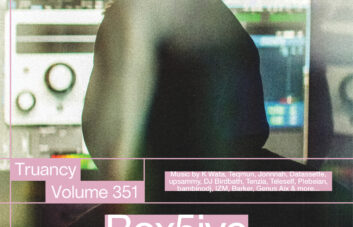Label boss of Contort and a Downwards mainstay, Samuel Kerridge has spent the last few years sundering and re-sculpting techno and its many forms. His savvy, paced productions and exhilarating live and DJ sets have earned him a fierce reputation for destroying the mundane on the dancefloor. A regular performer at Berlin’s Atonal festival, and having performed on the main stage at Kraftwerk back in 2016 with OAKE, this time we catch up with Mr. Kerridge ahead of his DJ set for the festival.
Since the release of Auris Interna back in 2012, we’ve seen you cover a lot of crevices throughout the electronic spectrum and even create few crevices of your own. What would you say has shaped your sound over the last half a decade? “I don’t subscribe to the thought of surroundings influencing sound. My music is an extension of my personality, so any variation in light/dark/texture is a result of my headspace at that time. I don’t make any conscious decisions to go in any direction, I do what feels right and take those consequences.”
Even artists with impeccable back catalogues are always in two minds about their retrospective material (regardless of how esteemed the listeners hold it!). How do you feel about your old material – if anything? “They’ve all been important in their own right. There’s certainly a trajectory. They all tell a story between each other. Naturally I have certain gripes, some obvious, some not, but every release has been a necessary process to lead to something bigger. When that will arrive is beyond me, perhaps I’ll forever be searching, but the best is yet to come.”
From the outside it seems like you seem to get along with breakneck BPMs both in your productions and your DJ sets. In your latest release on Downwards you seem to be very comfortable pushing IDM and even some grime-ier avenues. Would you say you have a close affinity to UK’s music history? “It’s a cliché, but I don’t see genres. There’s no lines to blur as they do not exist. I’m not concerned where it comes from, I hold no allegiance to any particular style. In part I would put that down to growing up in England – but my musical upbringing was broad too. The higher tempos I’m operating in open up so much more interesting rhythm structures, I’ve developed a real short attention span and I need to be challenged in every aspect of life.”
Back in 2016, I saw your collaborative live set with OAKE. The synergy was very natural and the flow was great. One of the better performances of the festival. Do you believe that any two sets of artists can get up and have that chemistry or do you have to have a certain degree of behind-the-scenes chemistry? “It would be hard to create music with someone on stage without that natural synergy. We’re brothers in arms. But these days we’re only allowed supervised visits, a lot went down in Berlin, we bring out the devil in each other.”
You’ve been a regular at Atonal for quite some time now and have unveiled some a variety of skirmishes during your sets. Do you feel like you can take more risks the more you play at Kraftwerk or do you feel you know what works and what doesn’t? “If I’m not taking risks in my performances I really don’t see the point in existing. I know no different. The best performances I’ve seen in Kraftwerk have steered away from the obvious sounds for that environment. What works in that space is all subjective. If I’m content with the performance nothing else matters, how its perceived by others is out of my control.”
What can we expect to hear from you at this year’s atonal?“Other people’s music, I’m playing the DJ on the Downwards stage just in time for breakfast. A proper full English!”




